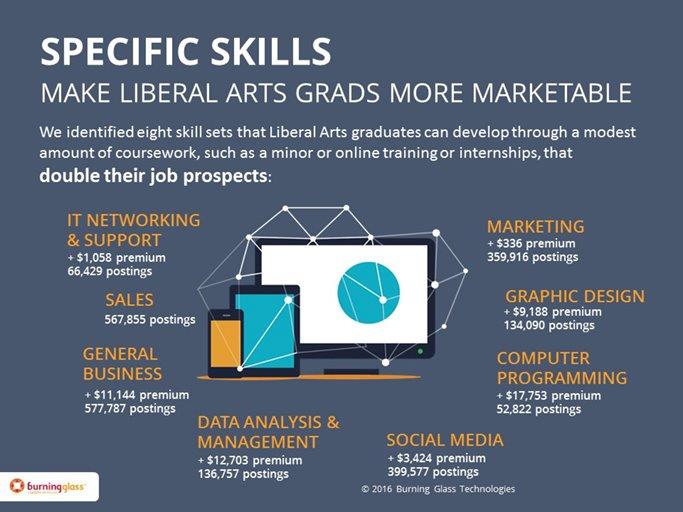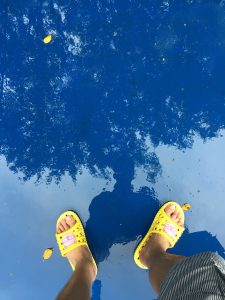
The first ever LAS (College of Liberal Arts and Sciences) Internship Fair will take place on Wed., Oct. 19, in the Illini Union, from noon to 4pm. Meet a wide range of local and campus employers with internship opportunities for Department of English (and other) majors.
Not sure how a career fair works? Confused about how to communicate with employers and come across as an appealling candidate? Consider enrolling in ENGL 199 – MMM: Career and Internship Fair Prep
- ONLINE Aug. 22 – Oct.14 (first eight weeks)
- One Credit
- Who should take it: Students at ANY stage of their studies who want to explore career possibilities and connect to potential employers by attending career fairs. This course is specifically designed to prep you for the LAS Internship Fair, which will take place Oct. 19, the week after the course has ended, but the skills you learn will be applicable to any career or internship fair, including the Illini Career and Internship Fair, the Business Career Fair, or the Arts and Culture Career Fair. You will learn to tailor your resume, research career fair opportunities, construct an effective elevator pitch, network, and use the career fair to advance your own goals.
- How to register: use CRN 65563

 This picture condenses a study from 2013, which you can read in its entirety
This picture condenses a study from 2013, which you can read in its entirety  popular demand, here are some of the sites that U of I English/CW majors have found helpful for landing jobs:
popular demand, here are some of the sites that U of I English/CW majors have found helpful for landing jobs: